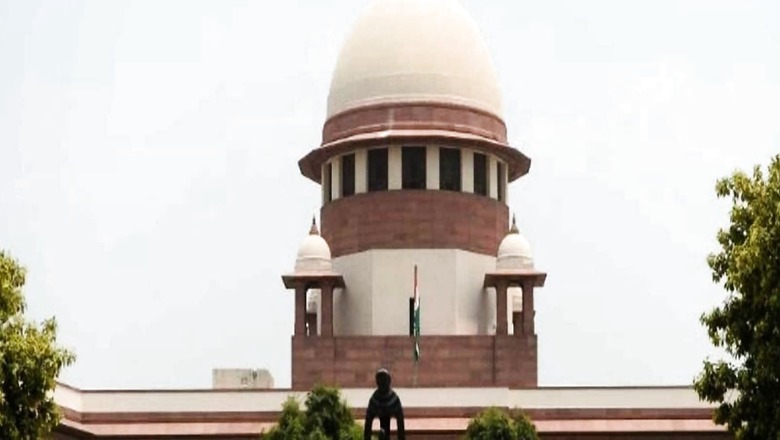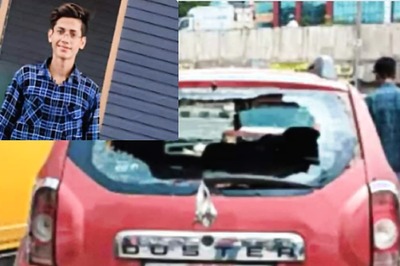
views
The testimony of a mentally challenged woman, who had narrated the incident of rape committed upon her in question answer form before the trial court, has nailed the offender as the Supreme Court Thursday upheld his conviction while terming her statement as credible. The 36-year-old woman, who is suffering from 70 per cent disability and was raped in Uttarakhand in September 2015, had testified before the trial court in question answer form as oath could not be administered to her since she was unable to understand its meaning.
The trial court, which had convicted and sentenced the man to 10-year jail in October 2016, had noted in its verdict that during her cross-examination the woman had rightly identified the photo frames of father of the nation Mahatma Gandhi and former prime minister Lal Bahadur Shastri. A plea filed by the convict challenging the March 2019 verdict of the high court, which had dismissed his appeal and affirmed the trial court’s judgement, came up for hearing before a bench of justices L Nageswara Rao and Aniruddha Bose.
There are certain contradictions in the evidence. However, we are of the considered view that the testimony of the prosecutrix (woman) which is credible can be the sole basis for the conviction of the appellant under section 376 (2)(l) of the IPC, the bench said. Section 376 (2)(l) of the Indian Penal Code deals with offence of rape committed on any person suffering from mental or physical disability.
An advocate, who was assisting the top court as an amicus curiae and representing the convict, told the bench that there was no medical evidence to support the allegations due to the delay in lodging of FIR and medical examination of the woman. He also argued that there were basic contradictions in the statements of prosecution witnesses.
The counsel appearing for the state referred to the statement of the woman and said it was clear that it was a case of rape. We have carefully scrutinised the entire material on record, including the evidence that is filed by the prosecution. After considering the submission of the counsel for the appellant, we are not in agreement that an error has been committed by the court below in convicting the appellant under section 376 (2)(l), the bench said, while dismissing the plea.
The bench said there was delay in registration of FIR in the case and medical examination of the victim, almost 20 days after the incident, could not have disclosed injuries or evidence of rape.
Read all the Latest News, Breaking News and Coronavirus News here.



















Comments
0 comment